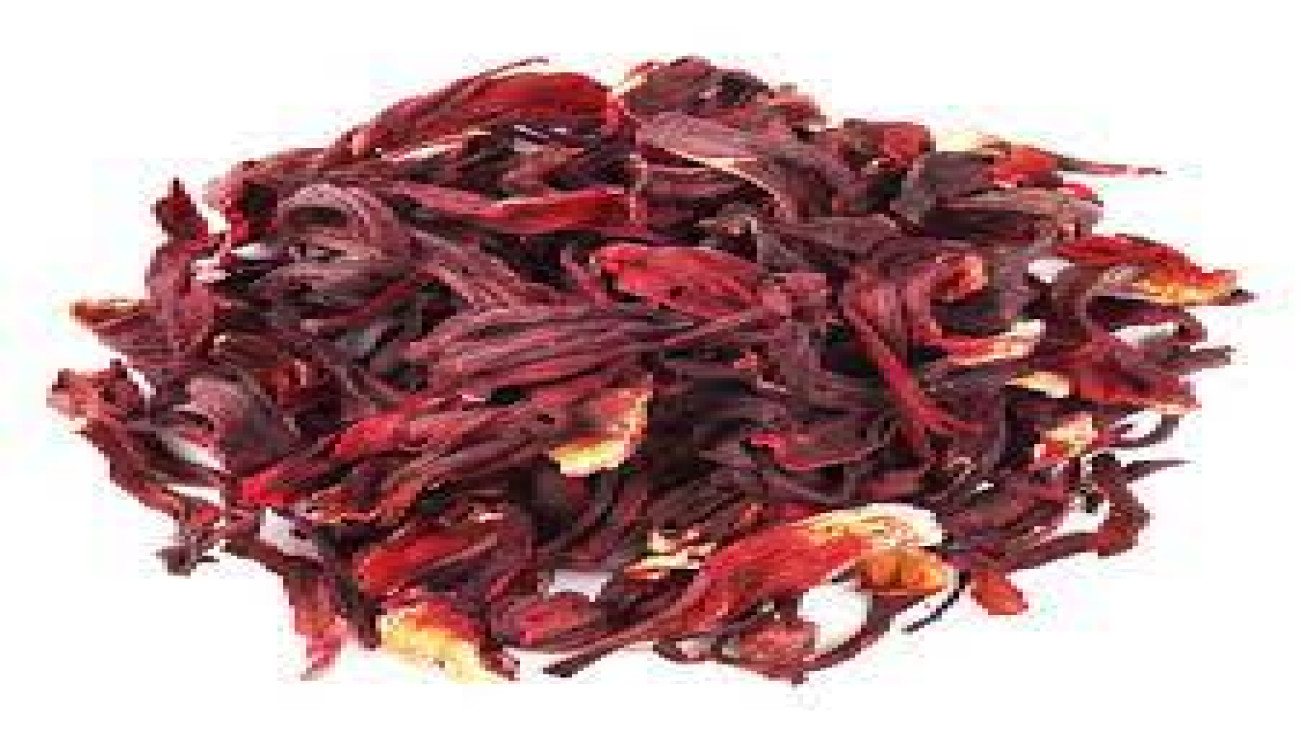Hibiscus

Hibiscus
Nigerian Hibiscus: A Red Treasure with Global Demand
Nigeria is one of the world’s leading producers and exporters of hibiscus, a vibrant red flower locally known as zobo. Cultivated primarily in the northern regions, especially Kano, Jigawa, and Borno states, Nigerian hibiscus has carved a niche in global markets for its rich color, high acidity, and versatility.
Hibiscus flowers are harvested, dried, and exported mainly for use in herbal teas, natural food colorants, cosmetics, and pharmaceuticals. Its tart flavor and deep red hue make it a popular ingredient in tea blends across Europe, North America, and the Middle East. In countries like Mexico, where it's called flor de Jamaica, Nigerian hibiscus is in high demand for refreshing beverages.
The value chain begins with smallholder farmers, many of whom cultivate hibiscus as a seasonal cash crop. The flowers are sun-dried, sorted, and packaged either in raw or cleaned form. With increasing interest in organic and natural products, there is growing demand for Nigerian hibiscus in both bulk and retail-ready formats.
At Dawanau.com, we connect local producers with international buyers seeking premium-quality dried hibiscus petals. Our platform ensures traceability, compliance with global phytosanitary standards, and access to verified suppliers across Nigeria’s hibiscus belt.
As global trends lean toward natural wellness products, Nigerian hibiscus stands out—not only as an agricultural commodity but as a symbol of the country’s potential in value-added exports.

